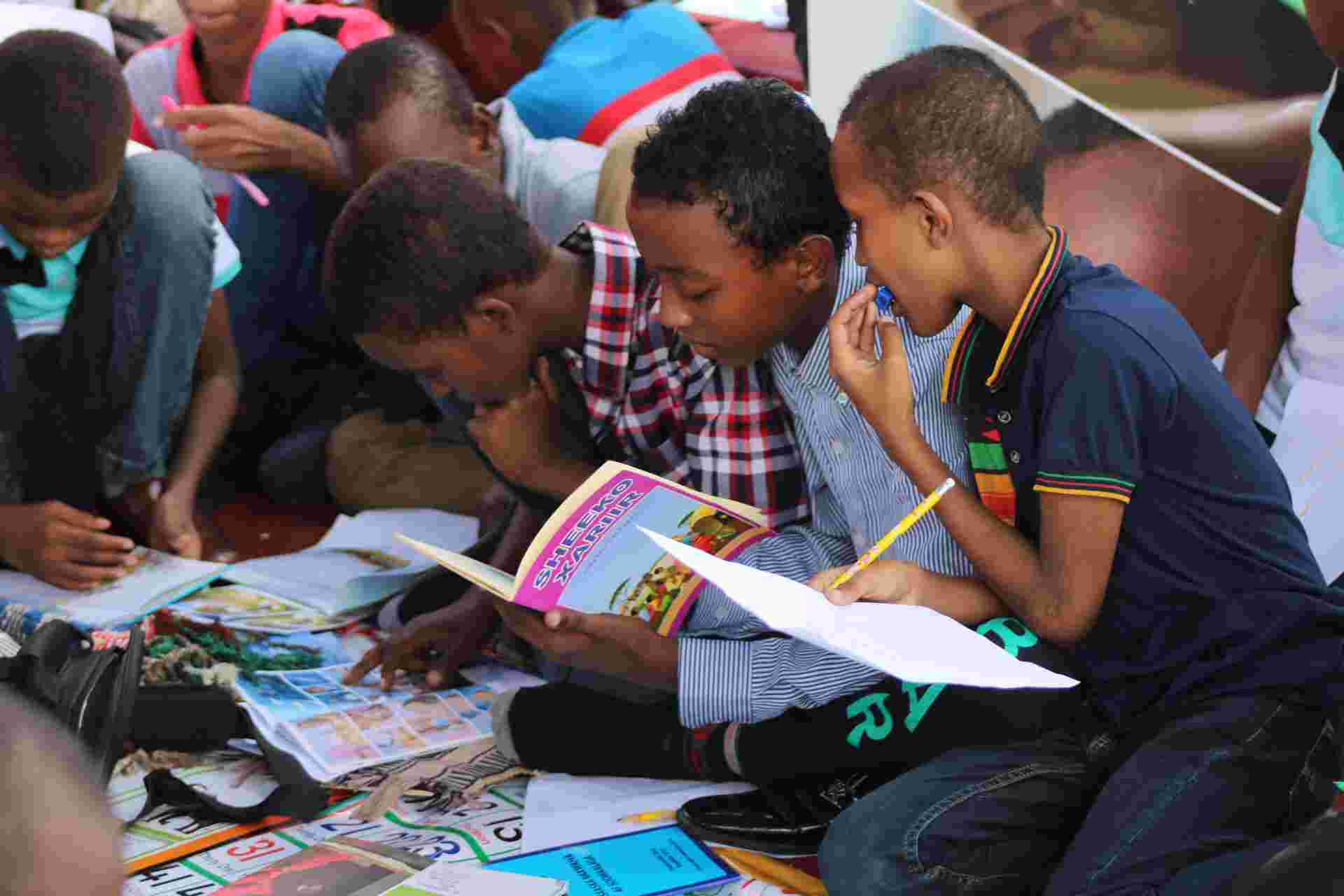THE learning levels among students, even today, are ‘extremely’ low. A fair amount of rote-based or procedural learning is evident, especially in basic numeracy skills. The learning taking place in most classrooms is not ‘learning with understanding.’ Even worse, fewer students, across all states, find it difficult to comprehend what they read. These were some of the findings of the Student Learning Study (SLS) by Educational Initiatives (EI), released recently in the Capital.
Supported by Google, the study was conducted in 48 districts in 18 states and one union territory (UT). Around 1.6 lakh students from classes IV, VI, and VIII in 2,399 selected government schools were sampled and tested in language and mathematics through common test papers in 13 language versions.
The levels of learning of students in government schools in class IV and VIII tested is much lower than the international average as represented by studies like Trends in International Maths and Science Study (TIMSS) and Progress in International Reading and Literacy Study (PIRLS). Similarly, on common questions used from an extensive study for private schools in India catering to the elite and the upper-middle class, students in government schools showed a much lower performance.
At an overall level, the ability of students to read and express their thoughts in writing was found particularly poor. Also, learning gains across classes were incremental, with many class VIII students not having class IV competencies and carrying their misconceptions forward. Vyjayanthi Sankar, vice-president, large scale assessments, EI, said: “Learning levels are low across and the challenge is for all — be it government, researchers, NGOs, private firms or individuals — to work together to bridge these gaps.”
According to Sridhar Rajagopalan, managing director, EI, the study aims to provide detailed data for monitoring learning across classes. “Studies like this may not bring about the necessary systemic shift to improve education, but they can provide powerful data-driven insights into the existing learning gaps for students to learn better, teachers to teach better and schools and policy-makers to operate more effectively,” he added.
Avtar Singh, head, department of educational measurement and evaluation, NCERT, said: “The survey would be beneficial for us in ascertaining as to where our inputs lack and how can we work towards making the curriculum more effective. But standardized assessments are not adequate, said Nachiket Mor, president, ICICI elementary education. He further elaborated, “for one, it assesses only limited capabilities of students and secondly, it is not an adequate proxy for overall learning quality.” Although, he added, “standardized assessments can ensure minimum literacy and numeracy skills and allow one to examine if the system is delivering.”
The report recommends policies that focus on learning outcomes, making low-stakes diagnostic assessments a regular feature of the state programs, extensively using benchmark data from the study to build reforms, and providing effective teacher support based on the feedback from assessments, among others.

